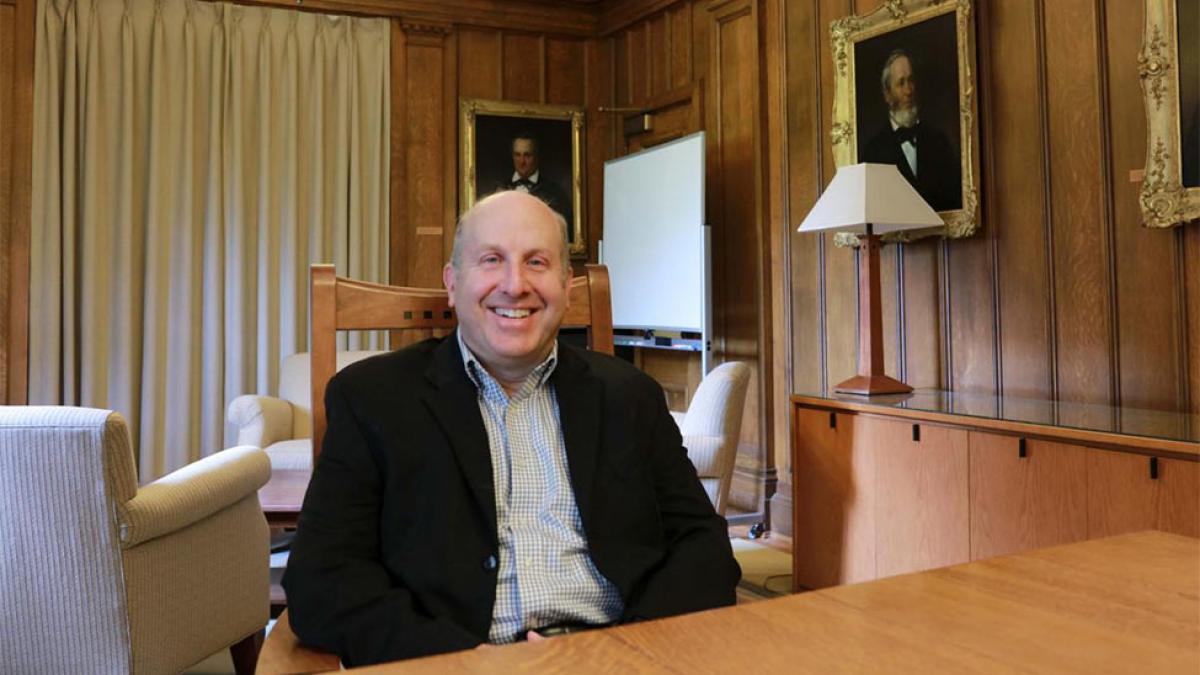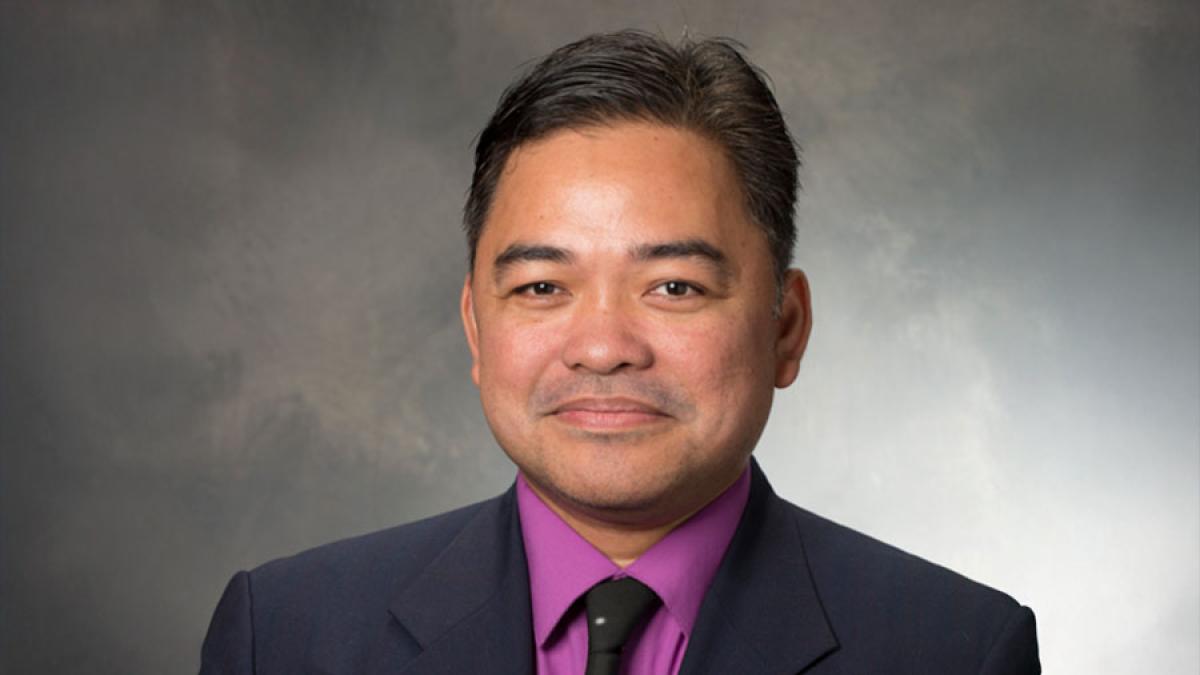The 2025 Westchester Power 100
Pace President Marvin Krislov is ranked No. 44 on City & State New York’s 2025 Westchester Power 100 list — the highest-ranking college president featured this year. He is recognized for preparing students for an AI-driven workforce and for his continued leadership of Pace’s campuses in Pleasantville and Manhattan, reinforcing the University’s regional and statewide impact.

2026 Best U.S. Colleges
The Wall Street Journal’s America’s Best Colleges 2026 Rankings have been released, and Pace University has once again earned national recognition for delivering value, student success, and diversity. For 2026, Pace ranked #242 out of 584 colleges, moving up 15 spots from last year. In fact, Pace ranked ahead of a number of respected universities, including New York University, the University of Miami, Hofstra University, and the City University of New York. This placement highlights Pace’s ability to deliver high-quality outcomes and opportunities to students at a competitive value.
Top Universities in the US 2026
Pace University was recognized in the Times Higher Education World University Rankings 2026 for its excellence in teaching, research, and international engagement—highlighting the University’s strength in global outlook and student success.
Mocked On TikTok: How Nursing Incivility Erodes Patient Trust And Compromises Health Outcomes
CHP Nursing Professor Michele Lopez pens an op-ed in American Nurse addressing the real-world harm of patient shaming on TikTok. She connects incivility in healthcare settings to broader issues of trust, patient safety, and professional ethics—and urges educators and institutions to embed respect and accountability into the foundation of nursing education.
Not Everyone Wants To Use AI – But Do We Still Have A Choice?
Dyson Philosophy Professor James Brusseau speaks to Dazed Magazine on how AI’s rapid integration into everyday life is eroding choice and creativity. Professor Brusseau, whose research explores human-AI interactions, warns of a growing “narcotic of convenience”—where convenience replaces curiosity, and opting out of AI becomes increasingly difficult. He reflects on how past web searches allowed for serendipitous discovery, and cautions that efficiency gains may come at the cost of critical thinking and deeper learning: “Freedom and creativity require work,” he tells Dazed.
Capital One Venture X Rewards Credit Card
Lubin Professor Andrew Coggins Jr. provides expert insight to WalletHub on the Capital One Venture X Rewards card, analyzing its travel perks and financial considerations for cardholders.
No Premium, No Problem
Spotlighting affordable tech in education, Watchmen Daily Journal features insights from Dyson Chemistry and Physical Sciences Professor Elmer-Rico Mojica. He encourages students and teachers to use AI tools—free or not—with intention and curiosity. “A tool is only as thoughtful as its user,” Mojica notes, emphasizing that meaningful learning doesn’t require premium subscriptions. His message: resourcefulness and reflection matter more than price tags in today’s tech-driven classrooms.

Deaf West Theatre and Pace University to Launch Artist-in-Residence Program
Sands College of Performing Arts and Deaf West Theatre have launched an artist-in-residence program dedicated to bridging accessibility and performance in musical theater training. The partnership reflects Pace’s commitment to inclusive education and innovation in the arts, Broadway World reports.